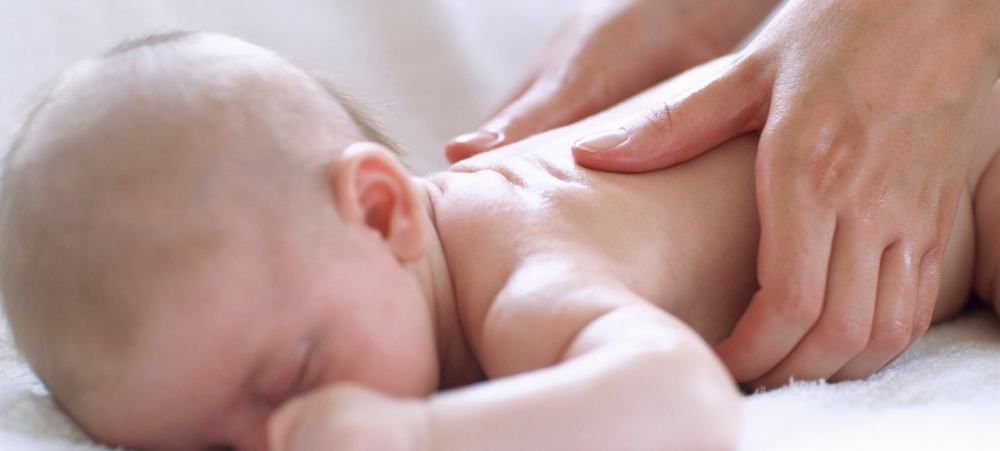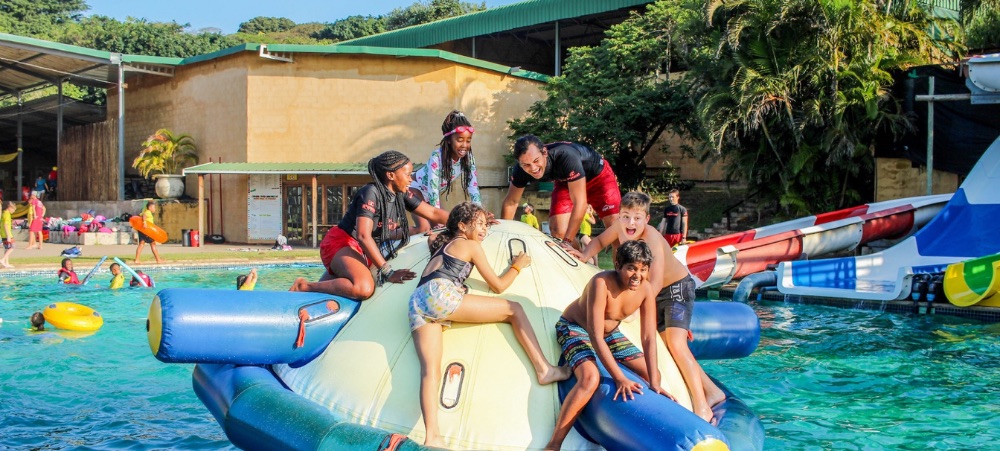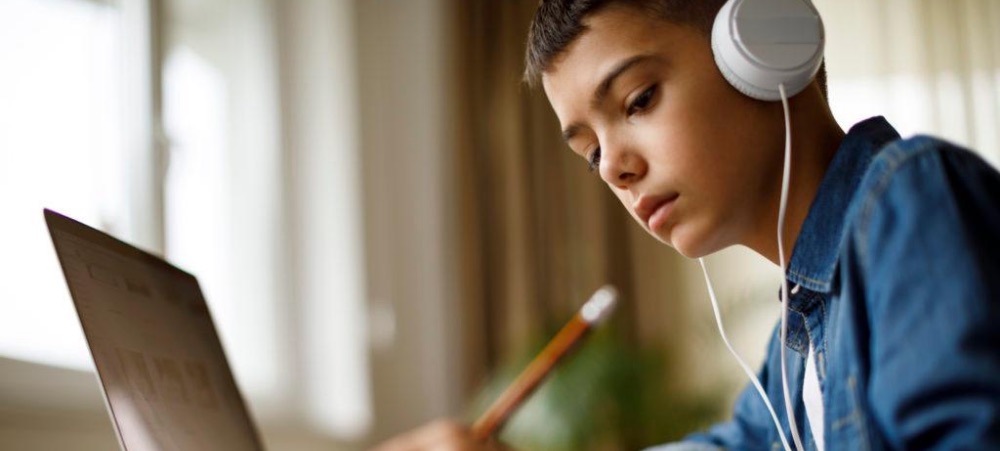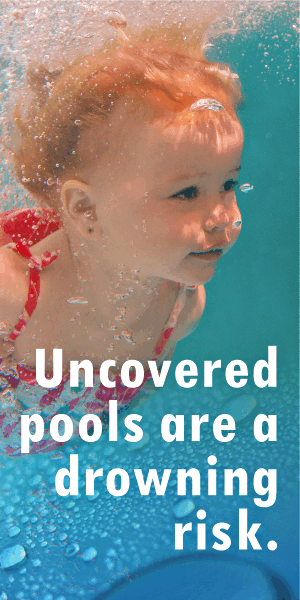Breastfeeding is the most perfectly designed feeding system that only Mother Nature could have devised. It provides everything a new-born or infant needs to thrive up until 6 months old, and remains the main component of a baby’s diet until 12 months old, even after solids are introduced. In fact, breastmilk assists in the digestion of baby’s first solids and makes the transition easier on little tummies. And as babies start exploring their surroundings from around 6 months, when everything goes into their mouths, breastmilk also offers protection against bacteria and viruses, and stimulates their immune systems in ways that formula milk simply cannot. Another function of this perfect system can also not be replicated with formula feeding – the calorie content and composition of breastmilk actually changes during a feed and at other times. At the start of a feed, the milk is more watery to quench the baby’s thirst. Hindmilk, the milk that comes after that, is thicker, more nutritious and has up to three times the fat content. This is why it’s important your baby empties a breast fully before switching to the other breast during a feed so he’s getting all the good stuff. Your breastmilk composition will also change depending on the age of your child, and if your child is ill, when your breastmilk will contain more antibodies. It really is magical stuff! The World Health Organisation recommends that children are exclusively breastfed until 6 months old, but that breastfeeding should continue, where possible, until 2 years old and even beyond. Toddlers benefit from the same immune system enhancement and protection from illnesses such as pneumonia, diarrhoea, colds, ear infections, allergies and other nasties as newborns do, and they continue to benefit from the protein, calcium, fat, vitamin A, and other nutrients in breast milk. The long-term benefits of breastfeeding are equally as compelling, with research showing that, as adults, babies who were breastfed have lower blood pressure and cholesterol, and are less likely to develop type 2 Diabetes or to be obese or overweight. While the benefits to their baby will be a mother’s top priority, breastfeeding mothers also receive health-protecting benefits. Apart from the pure bliss, stress relief and bonding breastfeeding creates, mothers who have breastfed see reduced risk of breast and ovarian cancer, high blood pressure, heart disease, diabetes and rheumatoid arthritis, and this risk reduction is cumulative – meaning the longer you breastfeed the more your risk profile reduces. YOUR DIET DURING BREASTFEEDING Many new mothers worry that they are not getting enough nutrients to sustain breastfeeding over the long term, or that their milk may be lacking in nutrients, but the truth is that, for the majority of new mothers, the most important factor in milk production is the act of breastfeeding itself – the more you feed, the more milk you produce. And no matter what you eat, for the first 6 months your milk will contain almost all the nutrients your baby needs, except for Vitamin D (or Vitamin Free). Consider women living in 3rd world countries where their staple diet is maize or sorghum: in spite of the mothers lacking important nutrients themselves, their babies can be sustained through breastfeeding. Of course, the breastmilk produced by an undernourished mother may not be optimal but it is sufficient for the baby’s survival. Pregnancy, birth and the first few years of your child’s life are mentally, emotionally and physically exhausting. Your overall health and your nutrient intake postpartum can have a big impact on your ability to get through it all in less of a sleep-deprived and foggy haze, as well as on the quality of your milk. During pregnancy, from around week 12 when the placenta is fully formed and begins transporting blood, oxygen and nutrients, the unborn child receives all its nutrients from the mother’s blood. If you are not getting an adequate intake of important nutrients, your body will divert these from your own stores to ensure your baby is getting what it needs for development. According to the results of a National Health and Nutrition Examination Survey, vitamin and mineral deficiency in pregnant women is common, specifically Magnesium, Iron, Vits D and E, and to a lesser degree Vits A, B, C, Calcium, Folate and Zinc. It is important to top-up your own levels of these and other nutrients to ensure you stay in top form during pregnancy and postpartum. Nutrients needed to keep mother and baby in peak health while breastfeeding are split into two groups – Group 1 are the nutrients that need to be present in Mom’s blood in sufficient quantities so they can be secreted into breastmilk, and Group 2 are nutrients that will be secreted into milk regardless of how much or little the mother is taking in. Although Group 2 nutrients are not necessarily needed in a mother’s blood, it’s still a good idea to make sure you are getting enough of them to stay as healthy as possible during this time. Some common food sources of Group 1 nutrients: Vitamin A: sweet potatoes, carrots, dark leafy greens, organ meats, eggs Vitamin B1 (Thiamin): fish, pork, seeds, nuts, beans Vitamin B2 (Riboflavin): cheese, almonds, nuts, red meat, oily fish, eggs Vitamin B6: chickpeas, nuts, fish, poultry, potatoes, bananas, dried fruit Vitamin B12: shellfish, liver, yogurt, oily fish, nutritional yeast, eggs, crab, shrimp Vitamin D: cod liver oil, oily fish, some mushrooms, fortified foods Choline: eggs, beef liver, chicken liver, fish, peanuts Iodine: dried seaweed, cod, milk, iodized salt Selenium: Brazil nuts, seafood, turkey, whole wheat, seeds Some common food sources for Group 2 nutrients: Calcium: milk, yogurt, cheese, leafy greens, legumes Zinc: oysters, red meat, poultry, beans, nuts, dairy Folate: beans, lentils, leafy greens, asparagus, avocados Iron: red meat, pork, poultry, seafood, beans, green vegetables, dried fruit Copper: shellfish, whole grains, nuts, beans, organ meats, potatoes You will almost certainly need to up your calorie intake while breastfeeding – by between 300 and 500 calories depending on your weight and activity levels – to cope with the physical demands of



































